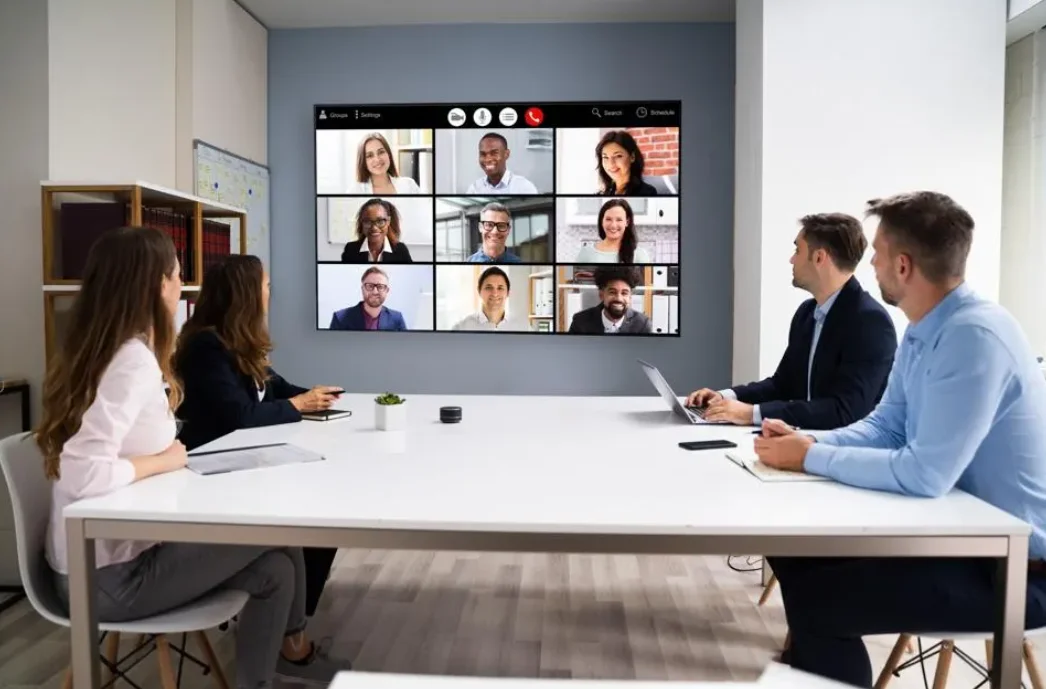Our Ask the Coach series shares perspectives from experienced executive and team coaches. This week we’re sharing leadership smarts from coach, facilitator and trainer Deb Kleinman. You can read more about her expertise and approach over at Lupine Collaborative.
RB: How would you describe the work you do, and how did you come to it?
DK: These days, my consulting practice is focused on professional and personal coaching, facilitation for organizations and agencies, and training. Specifically, I’m interested in how individuals grow as leaders, and how groups work together to solve hard problems. I came to it organically; each stage of my career opened up new possibilities for ways to grow professionally and personally. In fact, I had no idea any of this was a thing in college, as I recently told some undergraduate students.
RB: What would you say is one of the foundational principles that drives your work?
DK: I believe we all as humans have the capacity to learn and grow, to cultivate wisdom, and to connect with people who approach the world differently than we do. To do so is a choice and a commitment we make to ourselves and others every day. And that internal journey profoundly affects our ability to foster the change we seek in the world.
RB: So, you mention connection across differences. And one thing we know about successful teams is that they’re able to bring up and resolve conflict productively. I know you do some conflict coaching in your practice. Do you have any advice for how we can all better resolve conflict?
DK: My personal go-to conflict style gravitates towards avoidance, which is why I love thinking about how I can learn to resolve conflict more effectively, and help others do the same. Starting by understanding your conflict style can be really helpful, and having an early group discussion about those styles as part of the forming and norming stage is a powerful conversation. [You can read about how RallyBright defines the different Team Conflict Styles here.]
If there is a significant conflict derailing the work of a team, bring in a coach who has specialized training. The comprehensive conflict coaching framework I’ve been trained in involves four key coaching conversations: (1) Develop an understanding of the conflict from multiple perspectives; (2) Explore the conflict from the frames of identity, emotion and power; (3) Identify strategies for moving through the conflict; and (4) Identify skills and resources that will help you be successful as you resolve conflict.
RB: Sometimes communication shuts down because we know we have to have a difficult conversation with a colleague. What do you find helps people prepare for and approach those situations successfully? Is there a playbook for a good difficult conversation?
DK: Well, it is really useful to understand ahead of time what your go-to emotional and somatic responses are to conflict because this is where our fight-freeze-flight primitive response can kick in. Developing mindfulness practices can help you stay present and grounded in the middle of a challenging situation, which allows you to make conscious choices about how to engage and respond. It can be really important to think about the environment in which a conversation is going to happen. For example, if a room reinforces power dynamics, it may be helpful to move to a more neutral space. I used to go to the Botanic Gardens for hard walks and talks when I lived in Denver.
There are lots of books that offer steps, tools and tricks for having good difficult conversations. Two of my many favorites are “Crucial Conversations” by Kerry Patterson et al and “Difficult Conversations” by Douglas Stone et al (authors are from the Harvard Negotiation Project).
RB: What’s one of the most common leadership challenges you see among your clients?
DK: To stay vulnerable, open, and hopeful. [Leadership educators] Jim Kouzes and Barry Posner (and lots of others) talk about 5 key practices of leadership, which include modeling the way, inspiring a shared vision, challenging the process, enabling others to act, and encouraging the heart. You cannot be that kind of transformational leader if you are living in a place of fear, mistrust, and pessimism — which really is the dominant cultural mood at the moment. But being open to connecting with others, cultivating hope by seeking out the good that’s happening all around us, and understanding that the search for answers is really all about a journey towards wisdom, are some of the antidotes to this moment.
Have a question for a coach? Shoot us a line at hello@rallybright.com. Want to build a more resilient team? Sign up for a free demo of RallyBright’s Resilient Teams™ assessment.


